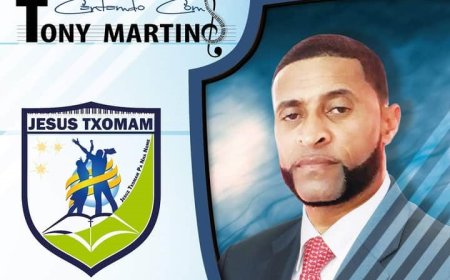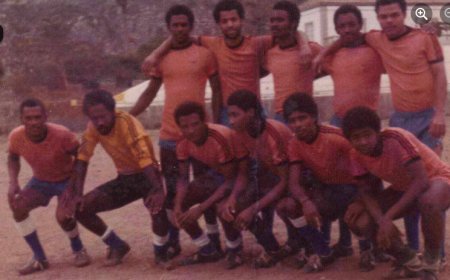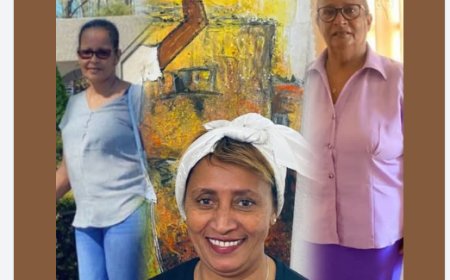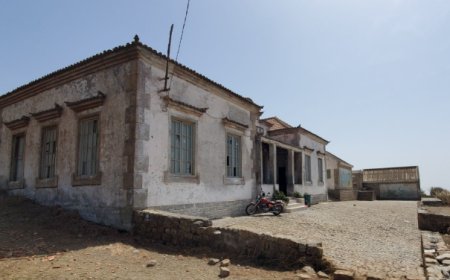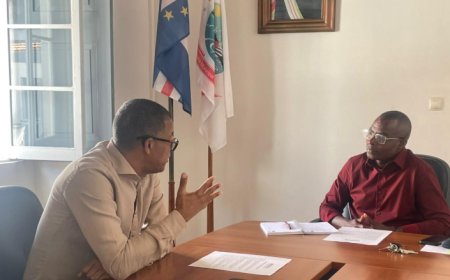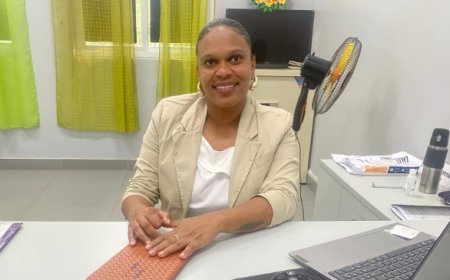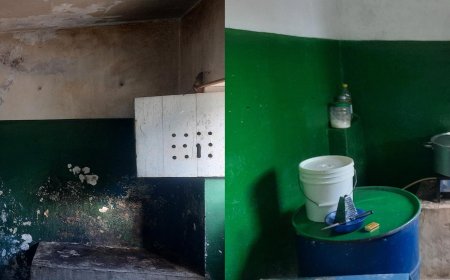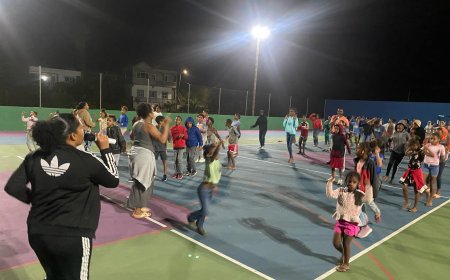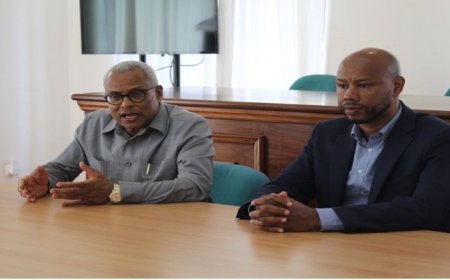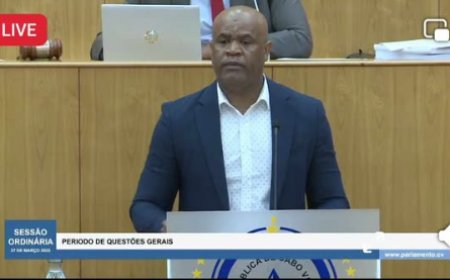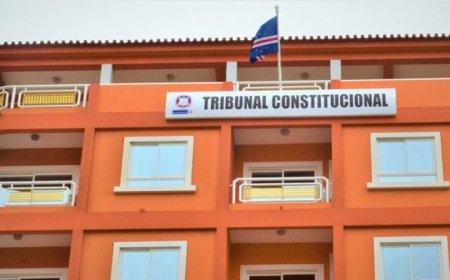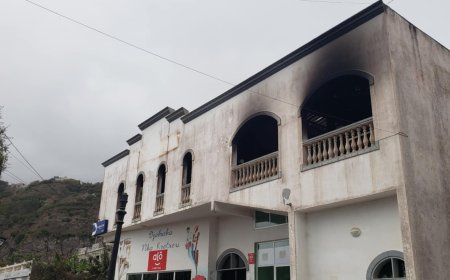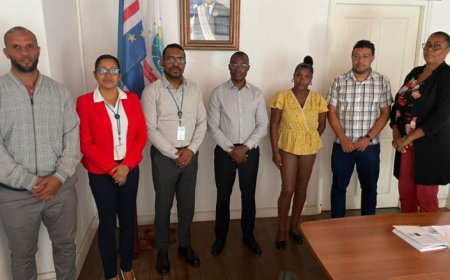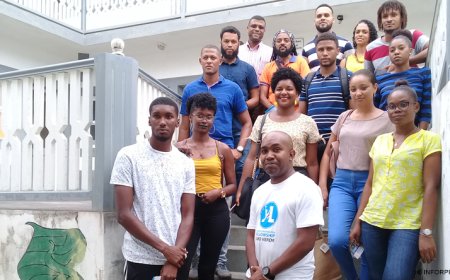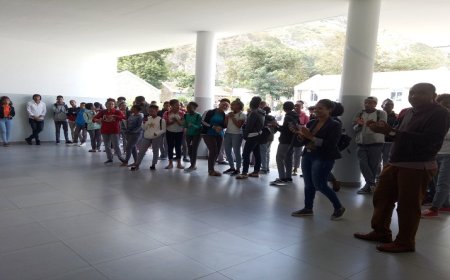Brava: Musical group hopes that Morna's classification will reduce the “cultural blackout” that surrounds the island
Members of the Brava 7Luas Band group say they are hopeful that the classification of Morna as a World Heritage Site can reduce or eliminate the “cultural blackout” that Brava Island, known as “Morna Island”, is involved.
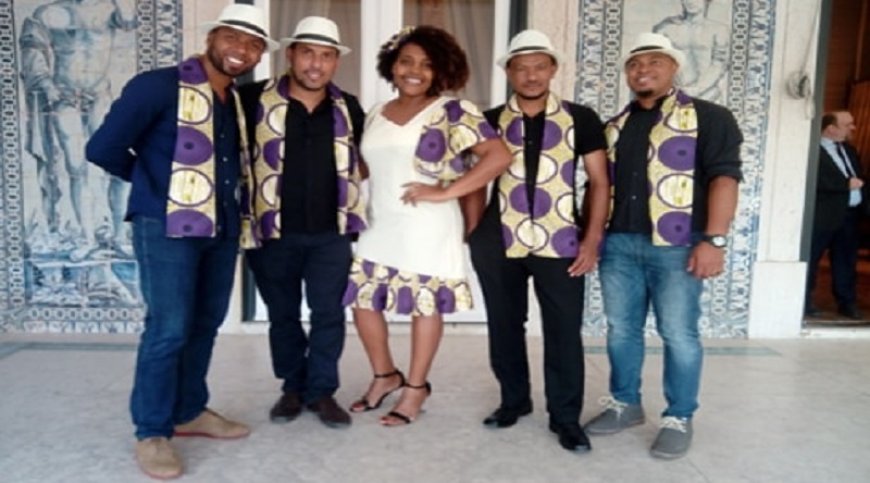
Members of the Brava 7Luas Band group say they are hopeful that the classification of Morna as a World Heritage Site can reduce or eliminate the “cultural blackout” that Brava Island, known as “Morna Island”, is involved.
Inforpress spoke with the members of the group, which on the island has been a cultural band, practically the last generation that has been playing the morna in local concerts and in international concerts in which it has participated.
For Rosa Andrade and José Duarte, this classification of the morna as Intangible Cultural Heritage of Humanity was the “culmination” of several processes and a lot of work.
“It was something that all musicians and the entire Cape Verdean nation had been waiting for, which is why the morna has been for the country for many years as an expression of the soul of the people of Cape Verde and which has made the country be known abroad, especially for the work that Cesária Évora and other artists have done”, considered these young people.
According to them, from now on, the country gains in another way, not only in the cultural aspect, but even in the economic level, with some changes for the better.
Speaking particularly about the island of Brava, they pointed out that “Brava is known as the island of morna, and where concerts have always been held. This style is part of our repertoire”.
Well, as they explained, the people scattered across the different international stages where they have already been are already used to it and whenever they announce the Brava band, they immediately associate it with the music of Eugénio Tavares.
With the new classification of morna, the Band says it is “anxious” and waiting for new concerts, mainly for bands that have morna in their repertoire as the most predominant genre.
"In 2020, there may be new projects and the elevation of Morna to Intangible Heritage of Humanity may open new doors that we still don't know about", shared hopeful.
Although, they added that as a band that appeared within the programming of the Festival Sete Sois Sete Luas, over the three years they have already fulfilled what was to be done in terms of touring.
In addition, they are of the opinion that the classification of morna could perhaps be an “incentive” for the young group that has been embarking on other styles.
And despite that, they say that “fundamental work” needs to be done to give continuity to the process and this work should not be done only by central or local power, but also by civil society, performers and composers.
The school, according to them, will also have to play an “extremely important” role, especially in the matter of transmitting the values of the morna to future generations, since the younger ones have been embarking on other styles.
“There has to be a teaching of the morna so that it can become an added value for the country and for Brava, which will end up getting out of the “cultural blackout”, because they owe a lot to this island, where the morna is supposed to have appeared and several composers who made the mornas are from the island”, defended these members.
The group asks young people to try or experiment, because normally the taste for the style appears after the beginning of its interpretation.
“What we think before singing the morna is different from what we are going to think and feel when we start to interpret it”, said Rosa, telling that at the beginning she did not like the style, but today, it is what she feels most comfortable with. to interpret.
“If we are denying the morna, which is the identity of our people, we are denying ourselves, our roots”, they concluded.
MC/ZS
Inforpress/End




